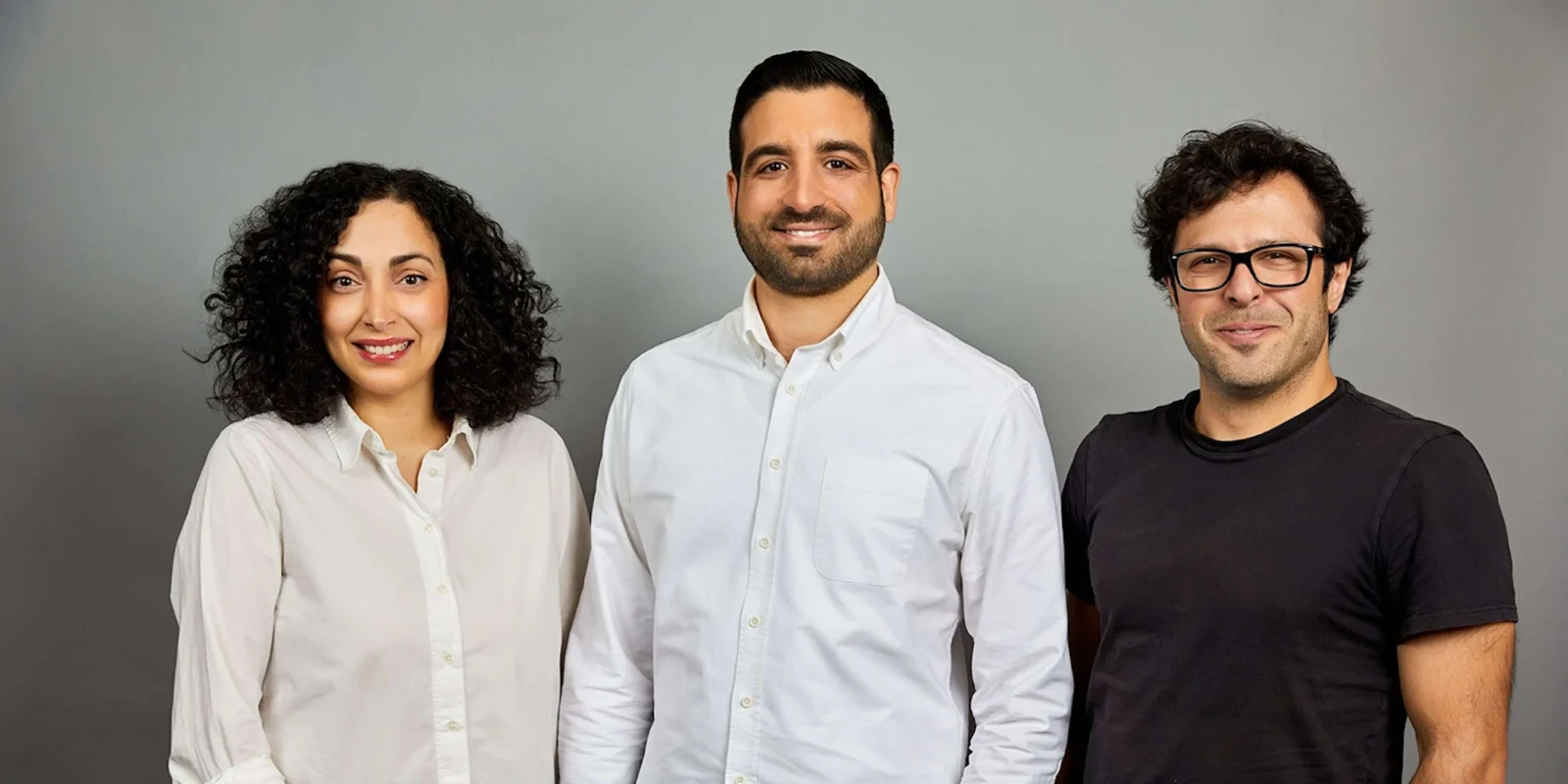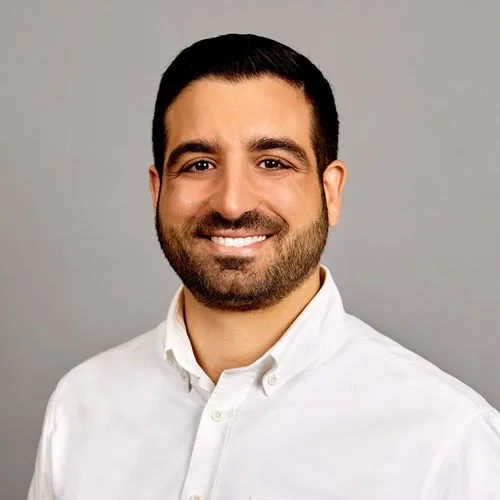Coach to Clinic: How Stepful Is Helping Trainers Enter New Roles

A new educational platform that has raised $31.5 million last fall aims to prepare gig workers, fitness and health coaches for new career pathways in healthcare
As health, wellness and longevity become increasingly intertwined, gyms are adding clinical components and wellness tourism hot spots are expanding their treatments and therapies to meet growing consumer interest. It’s a shift that isn’t just changing where and how people seek care—it’s also creating new opportunities in health-centric fields for trainers and health coaches who feel a calling to help others on another level.
However, for many looking to pivot into such roles, cost and lack of time remain major barriers—a challenge Stepful CEO Carl Madi has set out to solve.
“When I looked into it, I realized that most pathways are either trade schools or community colleges,” Madi tells Athletech News. “They can take up to two years and cost up to $20,000. We developed Stepful to challenge the traditional model.”
Madi knows a thing or two about working hard and crafting solutions. A Wharton grad, he’s served at several successful start-ups, including Uber.
“Stepful’s platform is designed for working adults, particularly from historically underserved communities, providing virtual instructor-led courses that include live, cohort-based learning sessions and one-on-one coaching for those looking for entry-level positions in hospitals and healthcare settings,” Madi explains. “The program’s bite-sized, asynchronous, interactive learning modules allow students to manage their studies alongside other commitments, while AI-powered feedback offers personalized support and outreach to ensure students don’t fall behind. No matter our student’s situation, we want them to know that we are there for them every step of the way and will continue to develop our platform to serve them.”
As he notes, the U.S. healthcare system is set to face a shortage of roughly 3.2 million healthcare workers by 2026, citing a projection from the American Hospital Association.

“Medical assistants, pharmacy technicians and surgical technicians are a handful of in-demand roles that are vital to the industry,” Madi adds. “Our goal is to not only address the healthcare worker shortage but to empower people with the skills and opportunities for better lives.”
Stepful offers flexible payment plans and partners with various hospitals and healthcare employers, workforce development boards, nonprofits, and government programs to help students secure funding.
“For example, military spouses can take advantage of programs like MyCAA, which covers the full tuition for eligible spouses,” Madi points out. “We’re always working to expand our partnerships and provide as many financial aid options as possible to remove barriers for our students.”
As for its long-term mission, Stepful is setting out to be the number one training provider for all of healthcare, Madi says. Last fall, the startup raised $31.5 million in a Series B.
“The team is constantly iterating on new career pathways for our students,” he adds. “This year alone, we plan to expand our programming to include programs such as Dental Assistant and Patient Care Tech.”
The educational platform has also recently developed areas of specialization, similar to a minor, where students can dive deeper into areas such as pediatrics or dermatology upon completing their certification.
“If our students aren’t successful, neither are we,” Madi says. “The specializations are another step towards making our students as job-ready as possible no matter what direction they want to go in the healthcare field.”



